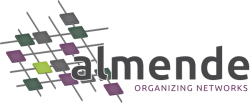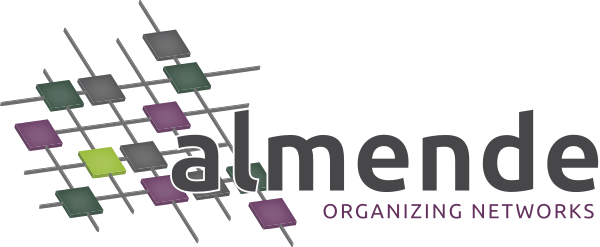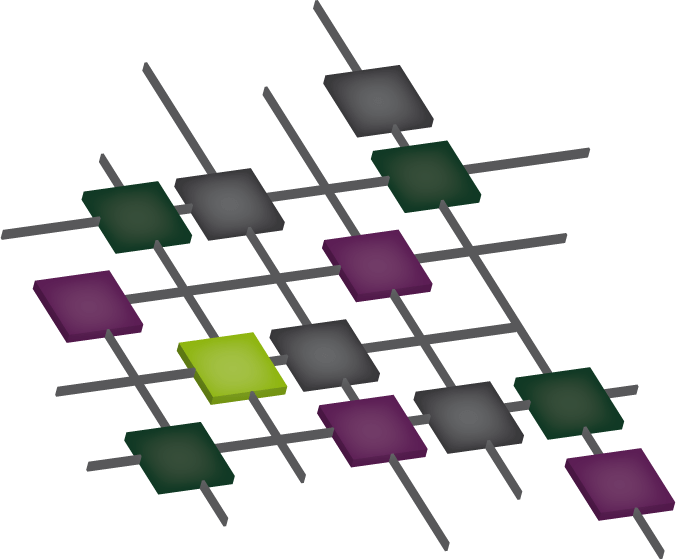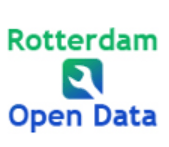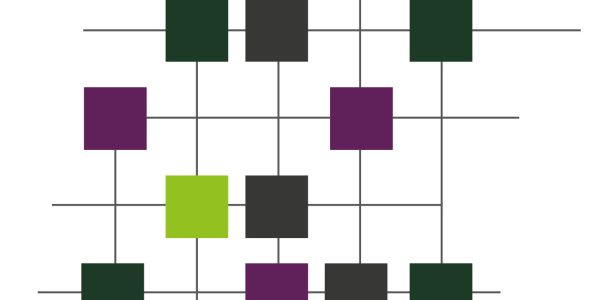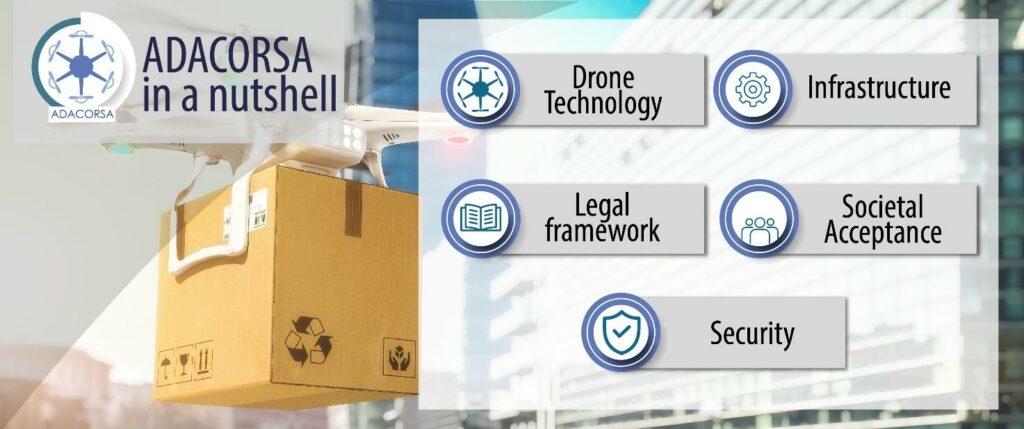Credo
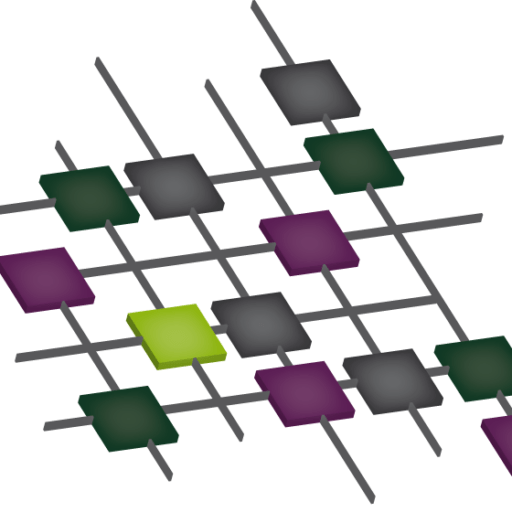
Modelling and analysis of evolutionary structures for distributed services
Duration: 09/2006 – 08/2009 Funding: CORDIS FP6
CREDO
The CREDO project developed a compositional modeling and validation framework for dynamically evolving software systems, in which computation, coordination and scheduling are clearly separated from each other. A uniform modeling language is developed in which object-orientated components are combined with flexible communication and timing models.
The interface composition enables end-to-end reasoning about evolving systems. These interfaces specify services and formalize the context awareness needed for run-time coordination and reconfiguration. The framework helps developers design and maintain systems by validating reconfigurations. The focus of the project is on automatable and compositional validation techniques, including abstract simulations, synthesis, model checking, test-generation, and verification of interface compatibility.
Contribution
The usefulness of the framework is assessed through two case studies, one of these being carried out by Almende. The focus of Almende is on applying these tools and techniques to the ASK-system, an intelligent communication platform developed by Almende and marketed by spin-off company ASK Community Systems.
Results
More info?
Need specific information regarding the project? Please contact our senior consultant for more information.

